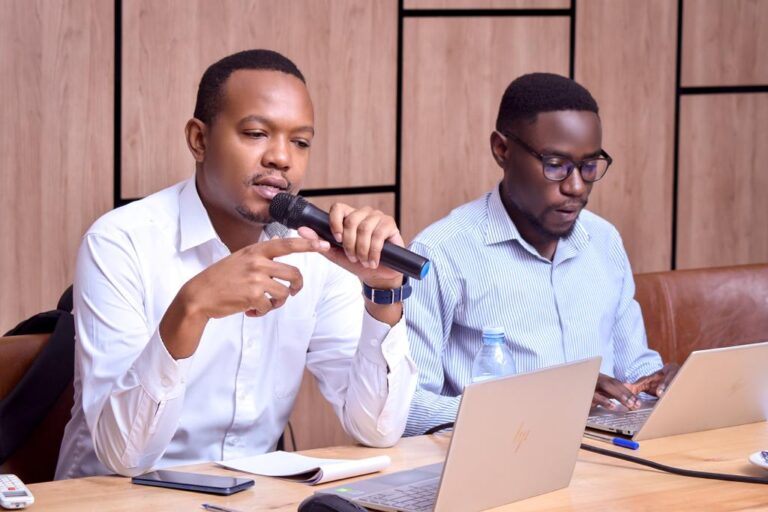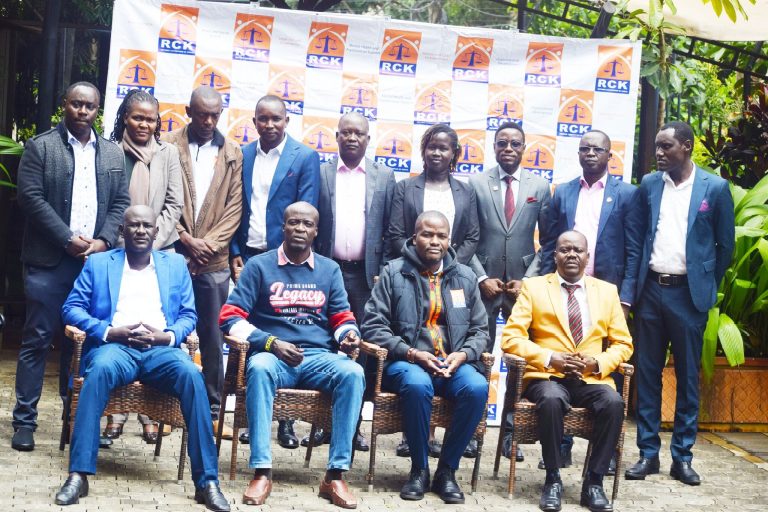
Eastleigh ward in Nairobi County is predominantly inhabited by Somali immigrants. It has been described as “Little Mogadishu”, as well as “a country within a country with its own economy” on account of its robust business sector. This is where we meet Ms. Mariam Mohamed (not her real name), a 32 years old refugee from Ethiopia busy in her business. She’s a bit shy, and requests us not to show her image. Something we honor. This is a story of resilience. Ms. Mohamed is a refugee who came to Kenya in the year 2017 due to the continuous conflict in her country Ethiopia. She decided to leave when her only surviving member of her family, her mother, lost her life in the conflict. Ms. Mohamed came to Kenya as refugee in search of safety and peace.
When she arrived, she remembers painfully the violence she underwent and had to persevere as she tried to get her footing. “I got raped and physically assaulted. I had no place to sleep and no money. I was putting up with a friend who had come in the country earlier than me. We used to sleep in a shanty with no security and men would take advantage and sexually abuse us at night. My friend one day mentioned that there is this organization that works with refugees and fights for their rights and also offers counselling.

That’s how I came to know about the Refugee Consortium of Kenya (RCK). I was really feeling overwhelmed and stressed. I actually had thought of committing suicide. I decided to join RCK under the End Violence Against Women and Girls (EVAWG) project in order to get counselling. I was able to get counselling and referred for medical care as a result of rape. I felt appreciated for the first time that someone was willing to listen to me and give me hope. I was also interested in starting a business, so that I would be able to cater for my basic needs. Through the project, I was selected to attend a training on entrepreneurship and I also got financial support (seed grant)”.
Ms. Mohamed notes that as a refugee woman, among her greatest needs are peace of mind and financial independence. “Since my childhood I have never had peace due to constant conflict in my country of origin. People were taking advantage of me because I did not have any money to afford basic needs such as food, clothing and shelter”. In the year 2019, Ms. Mohamed enrolled for the RCK’s Economic Entrepreneurship program, in partnership with the UN Trust Fund (UNTF), and got trained on business management skills and entrepreneurship. “After the training I developed a business plan and presented it to RCK seeking to be funded to start a hotel business for selling tea and Ethiopia bread called “Injera”. In my country, I had attained Grade 10 Ethiopian Education, so I know how to write. My proposal was approved and I was funded with an in-kind capital of Ksh 30,000 in form of business assets (tea cups, thermos for storing tea, wheat flour, cooking oil, tea leaves, sugar and coffee). I started the business in the house where I was sleeping since I could not afford to rent out another house for business. At the beginning of the business, I was saving as little as Ksh 50 per day as profit. After a few months, the business picked up well and now I am able to save between Ksh 400- 500 per day as a profit. With the profit I got, I was able to move to a better house and employ two people who support me in the business. One woman helps me in cooking and one man helps me in hawking. My business is mobile; I hawk tea, coffee and Injera”.
“Through the business, I have been able to achieve a lot in life. I can afford to pay my house rent, afford basic needs like food, clothing and medical care. Before, I was sleeping in a shanty house with no beddings, lighting and security and I was paying rent of Ksh 300 per month. Currently, I am able to afford a decent self-contained house with furniture and a house rent of Ksh 6000. I have also rented some open space for operating my business which I pay a rent of Ksh 3000 per month. I have also bought an appliance for making Injera worth Ksh 15, 000 out of the profits. I also have a savings worth Ksh. 25,000 through the business in my M-Shwari lock account.

I am able to sustain this business because I acquired some entrepreneurship skills needed to operate the business which I am using and I am committed in ensuring the business grow into a five-star hotel. My biggest fear is lack of work permit that a refugee needs to operate a business in a foreign country. Without this, my business can collapse due to the harassment I am facing from the city council.
My recommendation is that RCK should continue empowering more women economically through the economic entrepreneurship program to help women financially independent to avoid over dependency on men which is a major cause for Sexual and Gender Based Violence (SGBV). RCK should also continue engaging the government to ensure that refugees who are operating businesses in Kenya have business permits to avoid a lot of harassment from the authorities.




